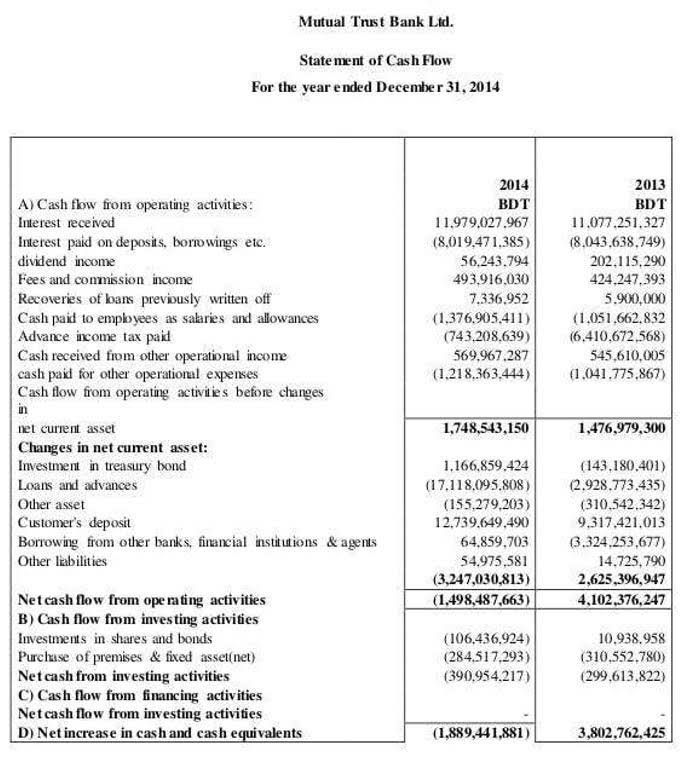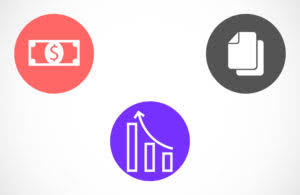
Both of these aspects of your business are crucial for financial management and decision-making. Today, we’ll go over the differences between bookkeeping and accounting so that you can figure out how to allocate resources effectively. QuickBooks Online is one of the most popular accounting software options around. If you hire an accountant or bookkeeper in the future, they will almost certainly be familiar with QuickBooks.
Bookkeeping Software
An accountant can be considered a bookkeeper, but a bookkeeper can’t be an accountant without proper certification. Bench offers full bookkeeping services by live bookkeepers, along with our always-available software platform (so you can log in any time to see where your accounts stand). Simply put, bookkeeping is more administrative, concerned with accurately recording financial transactions. Accounting is more analytical, giving you strategic insights into your business’s financial health based on bookkeeping information. When most people think about the difference between bookkeeping and accounting, they are hard-pressed to nail the distinction between each process.

Should a bookkeeper be involved in decision-making processes?
And, of course, all companies need to file taxes, which can become extremely complicated as your business grows. A trusted accountant can help guide you through that process and help handle any audits that may arise. While a bookkeeper can help with the precise details of the business, an accountant is better suited to do bigger-picture https://www.bookstime.com/articles/1-800accountant analysis and strategic planning. Bookkeeping is the daily financial tracking of all of your daily financial transactions. The bookkeeper of a business might choose to use online bookkeeping software to track everything. A CPA is an accounting professional who has completed the Uniform Certified Public Accountant Examination.
Bookkeeper vs. accountant: What’s the difference, and which is better for your business?
They look at all of the financial details of a company so they can make larger decisions about how the business operates. Accountants are more specialized, so not every company has an in-house accountant. You can use a firm or work with accounting software for your business needs. Look what is a bookkeeper online through reviews and think of your needs vs. the services offered. To make this process easier, Freshbooks services will help you find a qualified, experienced online accountant. Some bookkeepers also manage payroll, including reading timesheets and calculating deductions.

Bookkeeper vs. Accountant: Comparing Career Paths and Growth Potential
A bookkeeper can manage most of these tasks, but an accountant takes them further by using those financial statements to offer valuable financial advice. Accounting focuses on using that data to assess the financial health of a business and make data-driven business decisions. The more complex your business is and the greater the number of sales completed will determine how frequently your bookkeeping systems need to be updated.

Great! The Financial Professional Will Get Back To You Soon.
- If you are proficient and comfortable using mathematics and computing figures, plus punctual, organized, and detail-oriented, it is not hard to learn how to be a bookkeeper.
- Bookkeepers record daily financial transactions, ensuring that every aspect of a small business’s income and expenses is documented.
- While both bookkeepers and accountants deal with financial records, their specific tasks and responsibilities tend to vary.
- Our editorial team independently evaluates products based on thousands of hours of research.
- With the help of accountants, business owners learn to understand their cash flow and how profitable they actually are.
Or, if bookkeepers don’t have time for scanning, they can outsource this task to Shoeboxed. Shoeboxed provides a free postage-paid Magic Envelope that can be filled with batches of receipts and mailed to Shoeboxed’s processing center to be scanned, human-verified, and uploaded into their account. In this guide, you’ll learn what differentiates a bookkeeper vs accountant, which your business should hire, and when to employ them. Explore the bachelor’s degree in accounting to see how it can fuel long-term career growth in this exciting field. In addition to the education requirements and passing the CPA exam, CPA candidates must complete a specific number of work experience hours under the direct supervision of a licensed CPA. Once all requirements are met, the CPA license is awarded by the individual state boards of accountancy.
To keep your financial records, you’ll need a chart of accounts—a complete listing of every account in your accounting system. These accounts are used to categorize all of your business’s transactions and are crucial for maintaining organized financial records. Caryl Ramsey has years of experience assisting in different aspects of bookkeeping, taxes, and customer service. She uses a variety of accounting software for setting up client information, reconciling accounts, coding expenses, running financial reports, and preparing tax returns. She is also experienced in setting up corporations with the State Corporation Commission and the IRS.
- When deciding whether you should hire an accountant vs a bookkeeper, the answer will depend on what kind of help your business needs.
- Accountants use bookkeeping records to assess big-picture finances and make smart business decisions.
- Ask your friends, family members, and colleagues for referrals, and do your due diligence before trusting anyone with your company’s finances.
- Your accountant will also use information from the ledger to prepare your tax documents, so it is crucial the two roles work together for accurate IRS reporting.
- Accountants can use the categorized and organized data from Shoeboxed to prepare detailed financial reports and conduct in-depth financial analysis.
- The largest difference between accounting and bookkeeping roles is the required credentials, or academic qualifications, for each.

They scrutinize financial data to ensure that businesses run efficiently, public records are kept accurately, and taxes are paid timely and correctly. Bookkeepers and accountants are both critical for the financial health of a company. If you’re not tracking daily expenses, you’ll have very little information to give to your accountant and they won’t be able to make informed decisions. If you’re only focusing on expenses and not big-picture financial data, you’ll miss out on some strategic opportunities. That’s why it’s so important to understand the nuances between bookkeeping and accounting.
- A bookkeeper keeps track of day-to-day business finances, like recording transactions and managing general ledgers.
- Small businesses just starting out need to begin record keeping, even if they can’t afford a bookkeeper.
- Our partners cannot pay us to guarantee favorable reviews of their products or services.
- Since accountants use the information gathered by bookkeepers to prepare larger financial statements and reports, the accounting process wouldn’t be possible without the help of bookkeepers.
- They are responsible for preparing financial statements and ensuring they comply with legal requirements and accounting standards.
- It can be tough for small business owners to decide if and when to hire a bookkeeper or an accountant.
Leave a Reply